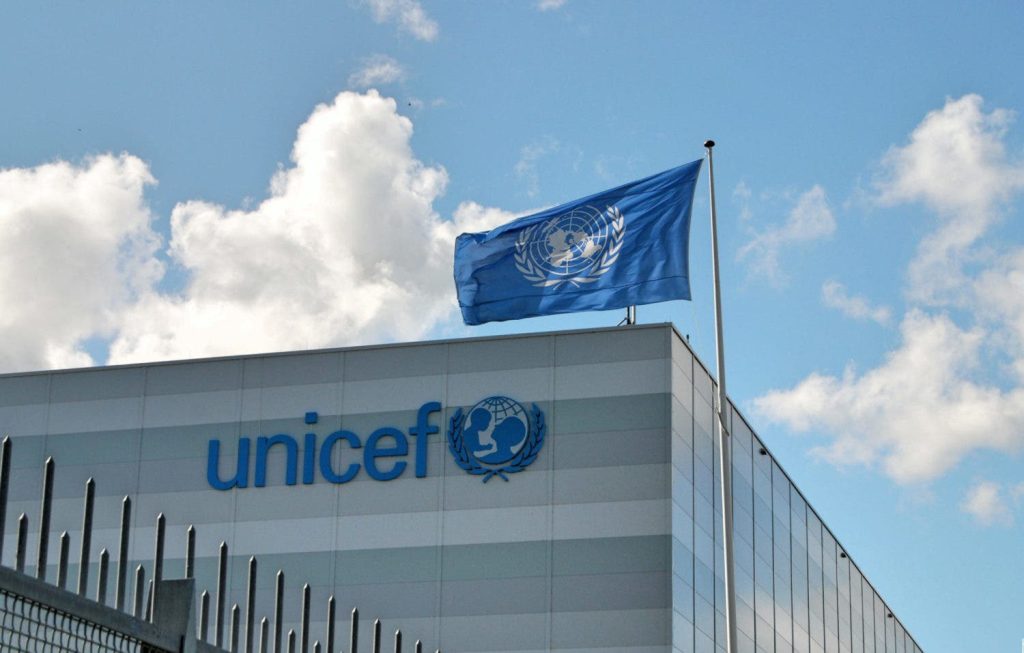The United Nations Children’s Fund (UNICEF) has called for increased efforts to safeguard children and schools in Nigeria from rising attacks, which have forced numerous school closures and exacerbated the nation’s out-of-school crisis.
In a statement, UNICEF Communication Specialist Susan Akila highlighted the deteriorating situation, noting that the recent surge in attacks on schools has contributed to a significant increase in the number of out-of-school children. “Nigeria’s education system faces an alarming crisis, with 10.2 million children of primary school age, and another 8.1 million of junior secondary school age out of school, and 74 percent of children aged 7–14 lacking basic reading and math skills,” Akila explained.
The ongoing insecurity, particularly in Borno, Adamawa, and Yobe states, has led to the closure of 113 schools between 2022 and 2023, following 19 documented attacks on educational institutions.
“This crisis is compounded by increasing attacks on schools, with 19 documented incidents in 2022 and 2023, leading to the closure of 113 schools in Borno, Adamawa, and Yobe states due to insecurity.

“These stark realities highlight the urgent need for combined action to protect education nationwide,” she said.
UNICEF made this call in recognition of the International Day to Protect Education from Attack, observed annually on September 10. In Abuja, government officials, educators, and advocates convened to discuss the impact of insecurity on the Nigerian education system and the critical need to protect learners.
The event, organised by the Federal Ministry of Education and the Universal Basic Education Commission (UBEC) in partnership with UNICEF, aimed to raise awareness about the Minimum Standards for Safe Schools (MSSS) and explore steps to enhance safety nationwide.
Yusuf Sununu, Minister of State for Education, stressed the importance of implementing the National Policy on Safety, Security, and Violence-Free Schools (NPSSVFS) alongside the MSSS to ensure consistent safety protocols in educational institutions.
Hamid Bobboyi, UBEC Executive Secretary, echoed the call for collective responsibility in ensuring the safety of schools. He emphasised that the proper implementation of the MSSS is key to addressing the security challenges that many schools face. “Governments, communities, and partners must work together to ensure that every Nigerian child can learn in a safe, supportive environment,” Bobboyi stated.
UNICEF’s Representative in Nigeria, Cristian Munduate, reinforced this message, noting that the MSSS provides a vital framework for protecting education, but its success depends on commitment from all stakeholders. “Today’s discussions and commitments are essential for creating secure learning environments for every child in Nigeria,” she added.
The discussions were informed by evidence from the 2023 assessment of MSSS implementation, which revealed that, on average, states meet only 9 of the 21 standards necessary to create safe learning environments. Participants stressed the need to bridge the gap between policy and practice to address these shortcomings.
According to the assessment, states perform best in preventing violence against children and promoting school safety through training and awareness but fall short in terms of infrastructure. Only 14 per cent of schools have basic safety features like perimeter fencing and secure gates.
UNICEF is working with the government to expand the 2024 assessment to cover 18 states, building on the 2023 data, which was collected from 10 states.


